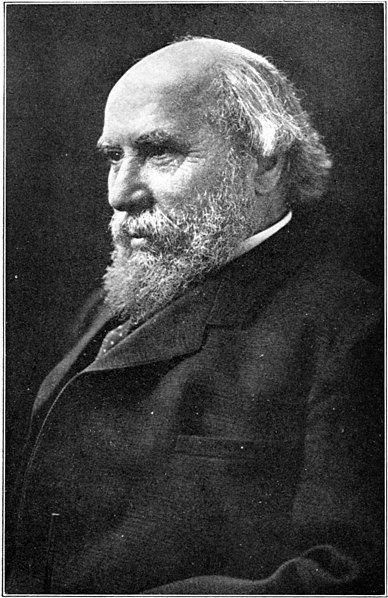Toby Young on the fall of “Professor Lockdown”, the former top advisor to the British government on the response to the Wuhan Coronavirus epidemic:
The reason for looking into the political affiliations of the scientists and experts who’ve been advising governments across the world during this crisis is that it may throw some light on why those governments have made such poor policy decisions. Will the vast majority of those advisers turn out to be left-of-centre, like Professor Ferguson? I’m 99% sure of it, and I think that will help us to understand what’s happened.
I don’t mean they’ve deliberately given right-of-centre governments poor advice in the hope of wrecking their economies for nefarious party political reasons or because they’re members of Extinction Rebellion and want to destroy capitalism. Nor do I believe in any of the conspiracy theories linking these public health panjandrums to Bill Gates and Big Pharma and some diabolical plan to vaccinate 7.8 billion people. I have little doubt they’ve acted in good faith throughout – and that’s part of the problem. The road they’ve led us down has been paved with all the usual good intentions.
The mistakes these liberal policy-makers have made are depressingly familiar to anyone who’s studied the breed: overestimating the ability of the state to solve complicated problems as well as the capacity of state-run agencies to deliver on those solutions; failing to anticipate the unintended consequences of large-scale state interventions; thinking about public policy in terms of moral absolutes rather than trade-offs; chronic fiscal incontinence, with zero inhibitions about adding to the national debt; not trusting in the common sense of ordinary people and believing the only way to get them to avoid risky behaviour is to put strict rules in place and threaten them with fines or imprisonment if they disobey them (and ignoring those rules themselves, obviously); arrogantly assuming that anyone who challenges their policy preferences is either ignorant or evil; never venturing outside their metropolitan echo chambers; citizens of anywhere rather than somewhere… you know the rest. We’ve seen it a hundred times before.
More often than not, the “solutions” these left-leaning experts come up with make the problems they’re grappling with even worse, and so it will prove to be in this case. The evidence mounts on a daily basis that locking down whole populations in the hope of “flattening the curve” was a catastrophic error, perhaps the worst policy mistake ever committed by Western governments during peacetime. Just yesterday we learnt that the lockdowns have forced countries across the world to shut down TB treatment programmes which, over the next five years, could lead to 6.3 million additional cases of TB and 1.4 million deaths. There are so many stories like this it’s impossible to keep track. We will soon be able to say with something approaching certainty that the cure has been worse than the disease.
















